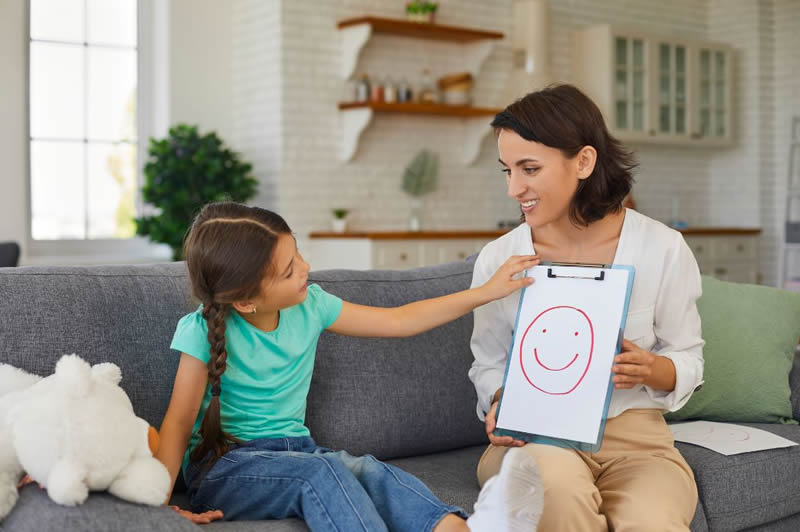Person-centered counselling is a therapeutic approach that prioritises the child’s emotions, thoughts, and experiences. Developed by Carl Rogers, this method emphasises empathy, unconditional positive regard, and congruence. By offering a safe, non-judgmental space, children can explore their feelings, develop coping strategies, and build self-esteem. This approach is particularly beneficial for children who struggle with anxiety, low confidence, or emotional distress, as it empowers them to find solutions within themselves, fostering long-term emotional resilience.
Unlike directive therapies, person-centered counselling allows children to lead the sessions at their own pace. This sense of autonomy encourages them to feel heard and valued, which can be especially powerful for children who may struggle to express themselves in other settings. The therapist acts as a compassionate guide, helping the child process their emotions without imposing solutions or judgments.
Parents often find that after engaging in person-centered counselling, their child exhibits greater emotional awareness and improved communication skills. By nurturing a sense of self-worth, children become more confident in handling difficult situations and forming positive relationships. This therapeutic approach ultimately lays the foundation for a more balanced and emotionally resilient future.

